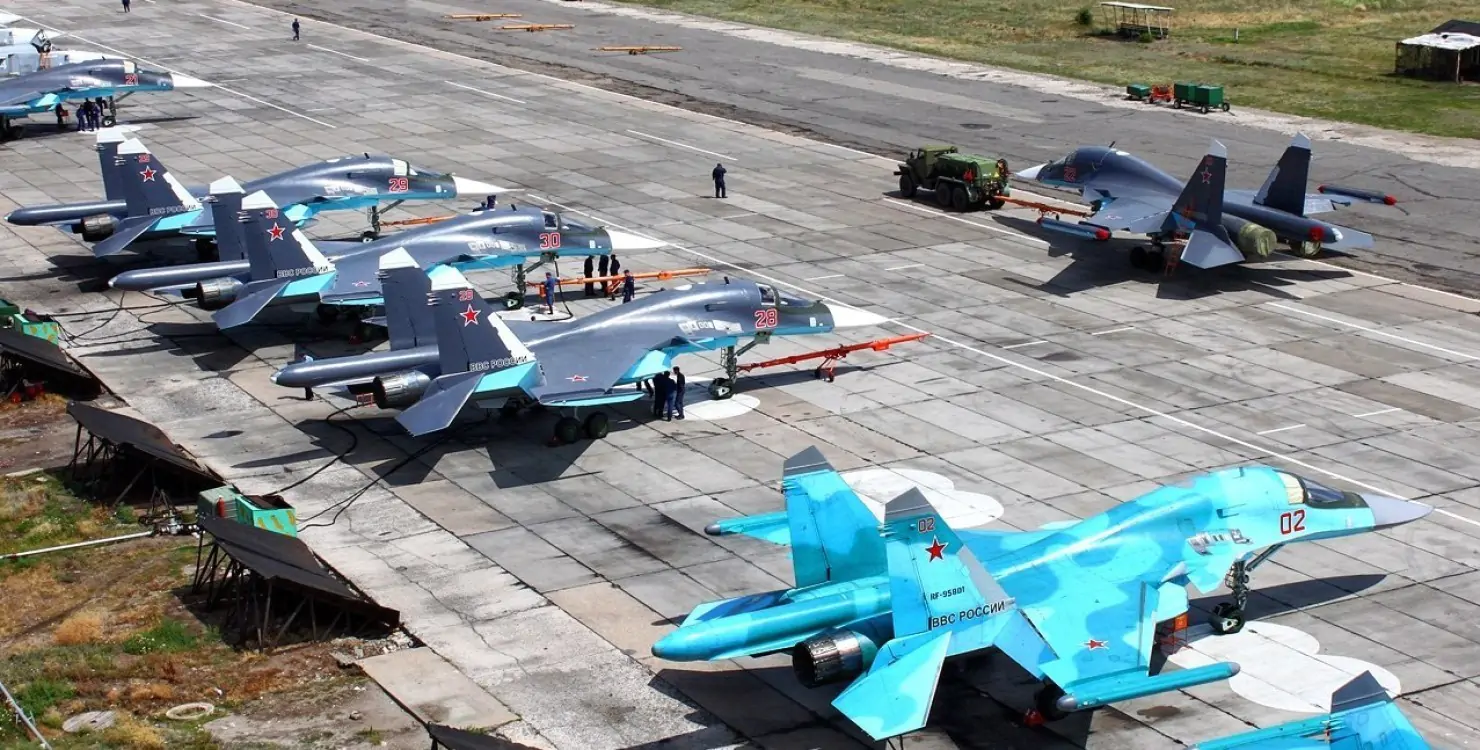Ukrainian sociologists have discovered that some Russian propaganda messages are gaining traction among Ukrainians. They say the situation is not yet catastrophic for Ukraine, but it requires an immediate reaction from the authorities regarding the state’s information policy.
The Kyiv International Institute of Sociology (KIIS) conducted research on the narratives of a supposed split spread by Russian propaganda. Ukrainians were asked to answer whether they agree or disagree with three statements:
JOIN US ON TELEGRAM
Follow our coverage of the war on the @Kyivpost_official.
- “There is a serious conflict between the political and military leadership of Ukraine”
- “The authorities of Ukraine are ready to make unacceptable compromises with Russia”
- “The West is tired of Ukraine and wants Ukraine to negotiate with Russia”
Compared to September 2022 (14 percent), this year 32 percent of respondents believe there is a serious conflict between the country’s political leadership and the military command. Despite this, 54 percent of Ukrainians are sure that there are no disputes but this group has decreased by 17 percent.
There is also a growing number of those who believe that the West is getting tired of Ukraine, its support is weakening, and this will lead to pressure on the authorities regarding concessions to Russia. This year, 30 percent of respondents believe that this is possible (in 2022, 15 percent of respondents agreed with this statement). But most Ukrainians – 63 percent – tend not to believe the Russian narrative.
Instead, only 12 percent of Ukrainians agree that compromises will be reached with Russia. Last year, only 5 percent of respondents had this opinion. But currently, 80 percent do not believe any concessions will be made by the Ukrainian government.

Ukraine Arrests Russian Agents Detonating Homemade Bomb in Shopping Mall
Sociologists draw attention to the fact that those who believe “there is a conflict between the political authorities and the military command,” “that the authorities are ready to make unacceptable concessions” and/or that “support from the West is weakening” are somewhat more inclined to territorial concessions. Among those responding “Yes,” 21-22 percent are ready for territorial concessions, while among those responding “No,” – 10-13 percent would agree to concessions.
Why is support for such opinions increasing?
Anton Hrushetsky, executive director of KIIS, explains that the trend of increasing trust in these Russian propaganda-based narratives is alarming. But these figures are still not high, considering the psychological state of society.
He does not rule out that the defeatist mood is influenced by several factors: growing fatigue among the population, the failure of certain expectations regarding a counteroffensive, and the continued activity of Russian propaganda.
The reason was also the lack of significant victories at the front and the slow counteroffensive of Ukrainian troops. Meanwhile, at this time last year, Ukrainians rejoiced at the news of the liberation of the occupied part of the Kharkiv region, Kherson, and the return of some Azovstal defenders from captivity.
“No one talks about failures, but people have come to realize that this war will last a long time,” Hrushetsky explains to the Kyiv Post. “This, unequivocally, reduces psychological stability, because before the summer many people had expectations that the fall would be much more optimistic.”
Although Ukrainians have doubts about the support of the West, they still tend to trust the statements of international politicians and the media more than domestic ones, says the sociologist. Thus, NATO Secretary General Jens Stoltenberg’s statement in March that Ukraine had received enough weapons for a counteroffensive caused dissonance. Although there is no direct quote from Stoltenberg about this, The Guardian came to this conclusion after interviewing him in March earlier this year.
Nearly a third of Ukrainians believe statements made by foreign media about a supposed conflict between President Volodymyr Zelensky and Commander-in-Chief of the Armed Forces of Ukraine Valery Zaluzhny. This is actively spread by Russian propaganda and Ukrainian political opposition forces have repeatedly claimed there is a rift.
According to KIIS, to prevent an increase in the number of Ukrainians who believe such narratives, the authorities need to start debunking them as myths. For example, Ukrainian officials would need to publicly demonstrate that the country’s political and military leadership work together and coordinate.
Kyiv Post asked the Office of the President for comment on the results of the survey and what the authorities are ready to change in communication with the public. At the time of publication of the article, no response had been received.
You can also highlight the text and press Ctrl + Enter






